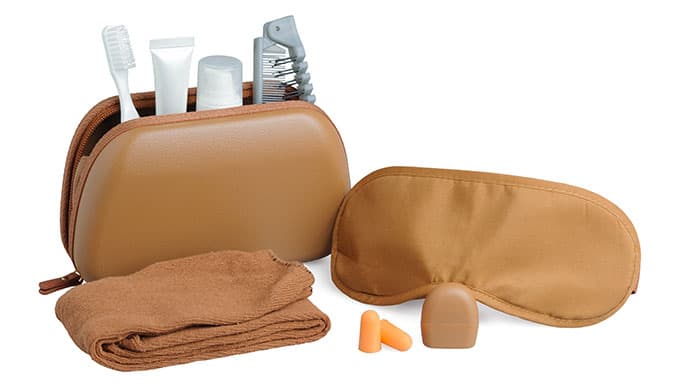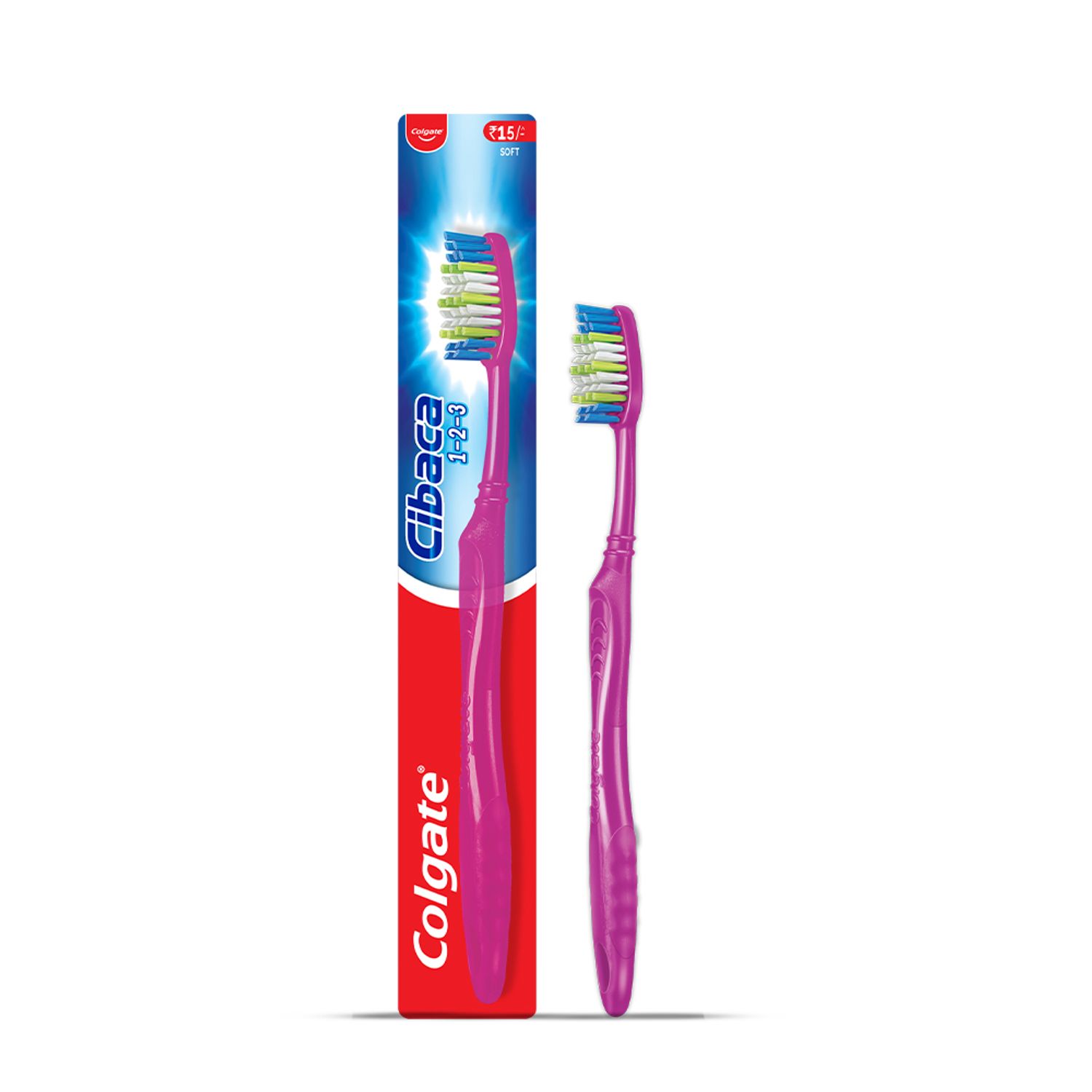Why Protect Your Brushing Tools?
Most people know protecting their toothbrush is imperative to good oral care. You don't want to expose the bristles to an unclean area that's susceptible to dirt or debris, like the bottom of a purse or even an old travel case. But protecting your toothpaste is just as important. Caps can fall off or get lost, and in the bathroom, the area around your sink is a particularly high-traffic area for germs, according to Healthline.com. Though it might seem logical to place your toothpaste on or in your toothbrush holder, you run the risk of picking up more germs.
If you're travelling or on the go, it can be doubly challenging to think about protecting your toothbrush and toothpaste, given that your regular routine might be disrupted. But it's even more important to kick your oral care into a higher gear when away from home. Your immune system can take a hit from travel fatigue, according to the Mayo Clinic, and exposure to sick travellers or other stressors can make it harder for your body to ward off bacterial illnesses.
Don't: Try Makeshift Storage
If you move around on busy working days and brush your teeth after lunch, there are habits you should avoid to help you protect your supplies. It's common to wrap your toothbrush in tissue or aluminium foil, but you run the risk of damaging the bristles and getting it dirty. That's true for your toothpaste, too, where the cap can pick up debris in a case or bag. Get in the habit of storing your travel bag and belongings in one place to lower the chances of losing or contaminating them.
Don't: Store Forever
Don't keep your toothbrush or toothpaste stored in a travel container for long periods of time, either. Moist places are breeding grounds for germs and microorganisms. Consider storing them away from the bathroom, where germs are more prevalent. You'll go through your toothpaste more quickly than your toothbrush, but make a calendar reminder every three months to dispose of these items – as well as their holders – as germs can always build up.
Do: Separate Your Items From Others
Keep your toothbrush separated from other toothbrushes. According to a report in the Journal of Advanced Medical and Dental Sciences the American Dental Association recommends that you not store your toothbrush in a closed container or routinely cover your toothbrush, as a damp environment is more conducive to the growth of microorganisms. But make sure your brush is kept apart from the rest of your family's to decrease the risk of spreading sickness.
Do: Use Holders for Both Products
Use a travel toothpaste holder and travel toothbrush holder. But make sure to rinse both under water, just as you would your toothbrush after using it. Though you might be travelling to various places, set up a system for your daily care, like bringing tissue to cover a surface where you can set your brush down to dry, prior to placing it back in its respective holder.
By getting in the habit of protecting your toothpaste and toothbrush when travelling, you're effectively supporting great oral care. And you should use an effective and efficient toothbrush that clean between your teeth and gums so your smile stays beautiful when you're at your busiest.
This article is intended to promote understanding of and knowledge about general oral health topics. It is not intended to be a substitute for professional advice, diagnosis or treatment. Always seek the advice of your dentist or other qualified healthcare provider with any questions you may have regarding a medical condition or treatment.
ORAL HEALTH QUIZ
What's behind your smile?
Take our Oral Health assessment to get the most from your oral care routine
ORAL HEALTH QUIZ
What's behind your smile?
Take our Oral Health assessment to get the most from your oral care routine













